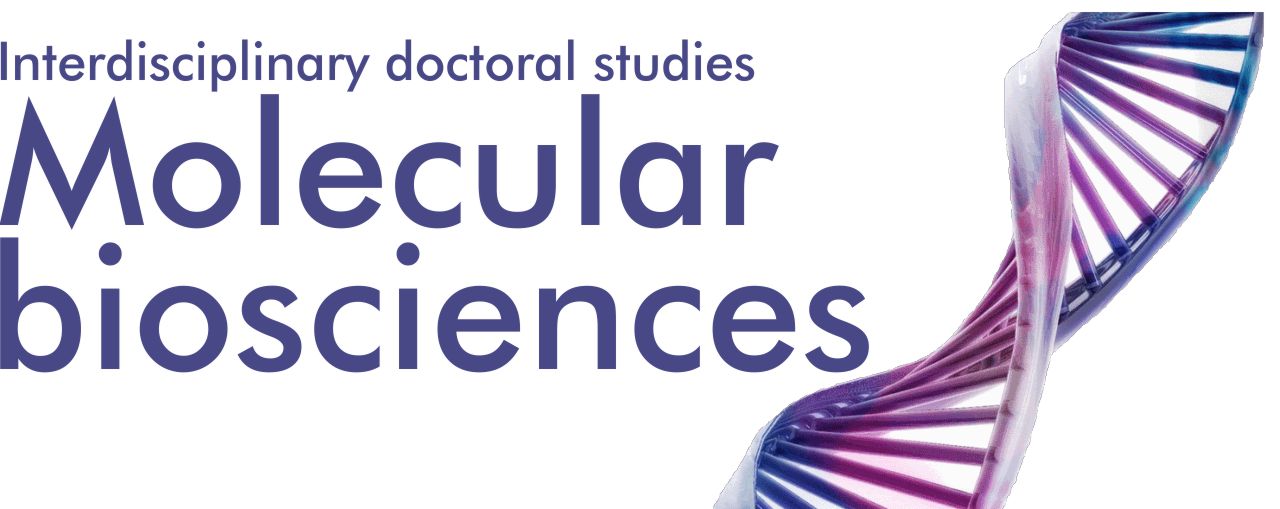| Cipher: | 2516 |
| Nomenclature: | Molecular physiology of plant nutrition |
| Study programme: | Molecular biosciences |
| Module: | Plant biology |
| Case holder: | Prof.dr.sc. Tihana Teklić |
| Institution of the case holder: | Faculty of Agrobiotechnical Sciences, University of Josip Juraj Strossmayer in Osijek |
| Contributors - Contractors: | |
| Subject status: | Electoral College |
| The year in which the case is submitted: | Year I |
| The semester in which the case is submitted: | Semester II |
| Subject objective: | To know the fundamental principles of plant nutrition within the framework of circulating elements in nature and the physiological function of essential elements in plants at the molecular level, as the influence of toxic elements on plants. |
| Case contents: | Chemical properties and divisions of essential and toxic elements for plants. Mechanisms of adoption and transportation of feed in plants, properties of omissionability and selectivity of biomembranes, active and passive transport. The physiological role of macro- and microfolds, disturbances of plant nutrition, the connection of the content of individual elements in the plant with the intensity of physiological processes and the quality of plants. The genetic basis of molecular components of plants involved in cellular homeostasis of macro- and microelements. Practice dedicated to analytical methods for determining the elementary composition of plant matter. Independent work (seminar) related to the study of corresponding literature, analytics, computer modeling in the field of plant nutrition, etc. |
| Learning outcomes: competences, knowledge, skills that the subject develops: | 1. Analyze the physiology of plant nutrition at the molecular level in relation to the physiological functions of chemical elements in plants. |
| ECTS Credits | 6 |
| Lectures | 20 |
| Seminars (IS) | 5 |
| Exercises (E) | 5 |
| Altogether | 30 |
| The way of teaching and acquiring knowledge: | Students are obliged to attend lectures or consultations and exercises (practicum) and to prepare and exhibit seminar work. |
| Ways of teaching and acquiring knowledge: (notes) | |
| Monitoring and evaluating students (mark in fat printing only relevant categories) | Attendance, Teaching activities, Mandatory seminar work, Exercise or case study |
| Rating method: | Written exam, Oral exam, Essay/Seminar, Analysis of published publication, 9 |
| Mandatory literature: | Vukadinović, V., Loncaric, Z. (1998): Plant nutrition. Faculty of Agriculture Osijek |
| Supplementary (recommended) literature: | Journal of Plant Nutrition, Plant Physiology et al. |
| How to monitor the quality and performance performance (evaluation): | The success of the course will be evaluated annually by the joint expert committee of the Ruđer Boskovic Institute, the University of Dubrovnik and the University of Josip Juraj Strossmayer in Osijek based on exam success and surveys. |
